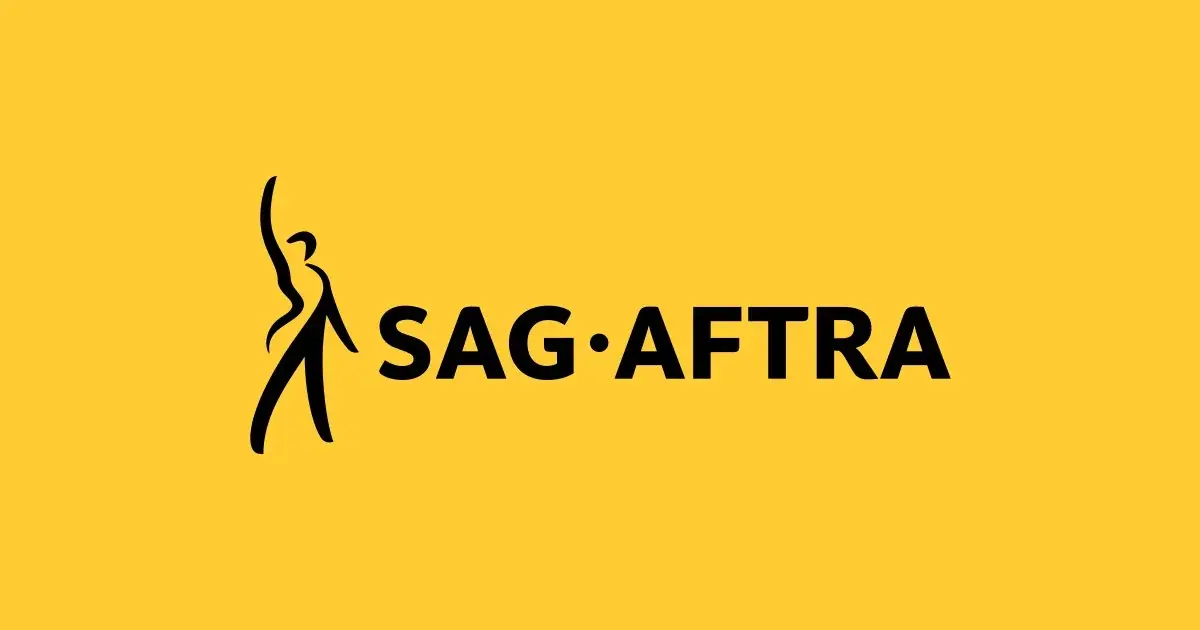- cross-posted to:
- pcgaming@lemmy.world
- cross-posted to:
- pcgaming@lemmy.world
According to SAG AFTRA, the deal will “enable Replica to engage SAG-AFTRA members under a fair, ethical agreement to safely create and license a digital replica of their voice. Licensed voices can be used in video game development and other interactive media projects from pre-production to final release.”
The deal reportedly includes minimum terms and the requirement for performers’ consent to use their voice for AI.
However, several prominent video game voice actors were quick to respond on X, specifically to a portion of the statement which claims the deal was approved by “affected members of the union’s voiceover performer community.”
Apex Legends voice actor Erika Ishii wrote: “Approved by… WHO exactly?? Was any one of the ‘affected members’ who signed off on this a working voice actor?”



I’m torn, because on the one hand, the logistics of constantly recording new lines for minor stuff is really annoying. Imagine you’re playing a live-service game that really needs a certain balance patch, but that balance patch is reliant on a very slight change to a voice line (for instance, reducing the time it takes for a character to perform a special attack. To take an Overwatch example, maybe a certain archer is voicing his ultimate ability too quietly). Having to call someone in just for that is costly and unproductive.
But, we’re talking about delivering the source of someone’s work and livelihood (as well as all their creative influence, exaggerative tones, and delivery) into an algorithm. The line where it would go beyond convenience into worker-reduction efforts is going to be hard to draw.
I would rather that the voice actor retains the rights to their voice, even if it’s put into an AI algorithm. Thus, if the developers want to make a small change to a voice line, they still need to get approval for some AI-generated correction - and the actor would have the right to say “No, that one sounds terrible. I’m only going to agree to re-delivering this one myself.” Similarly, actors could approve limited sets of explicitly-defined live AI usage, for instance pronouncing the player’s name. Granted, some companies would become annoyed at actors being too inflexible, just like they have disagreements with actors today.
I’m definitely worried about too much signing-over of voice identity. I think it’s very easy to cut humans out of the equation that way, which not only damages the health of the industry, but also reduces creative output.
Counter point. That live service game makes a billion dollars a year and can afford to spend the time and money to re-record that line.
If we’re gonna use Ai, it shouldn’t be to make massive corporations’ lives easier and more profitable at the expense of workers and quality.
In my mind, they should be paying the actor the same for the new lines regardless of whether they opt for them to come back in and re-record or use AI to generate the new line. The actor’s product (their voice) isn’t worth any less, but the company could save money by streamlining the creation of a new line through simplified logistics. This way the company has some benefit while preserving the actor’s livelihood.
Of course there’s no way these companies are going to want to pay full price for these new lines, since it’s an obvious point where they can pressure performers to accept a lower rate.
While I agree, the corpos dont and will fight tooth and nail to cut the cost anyway.
So unless the US gets the stones to collar and muzzle these businesses (they wont) we have to work around these monsters who will bite your arm off to skip lunch